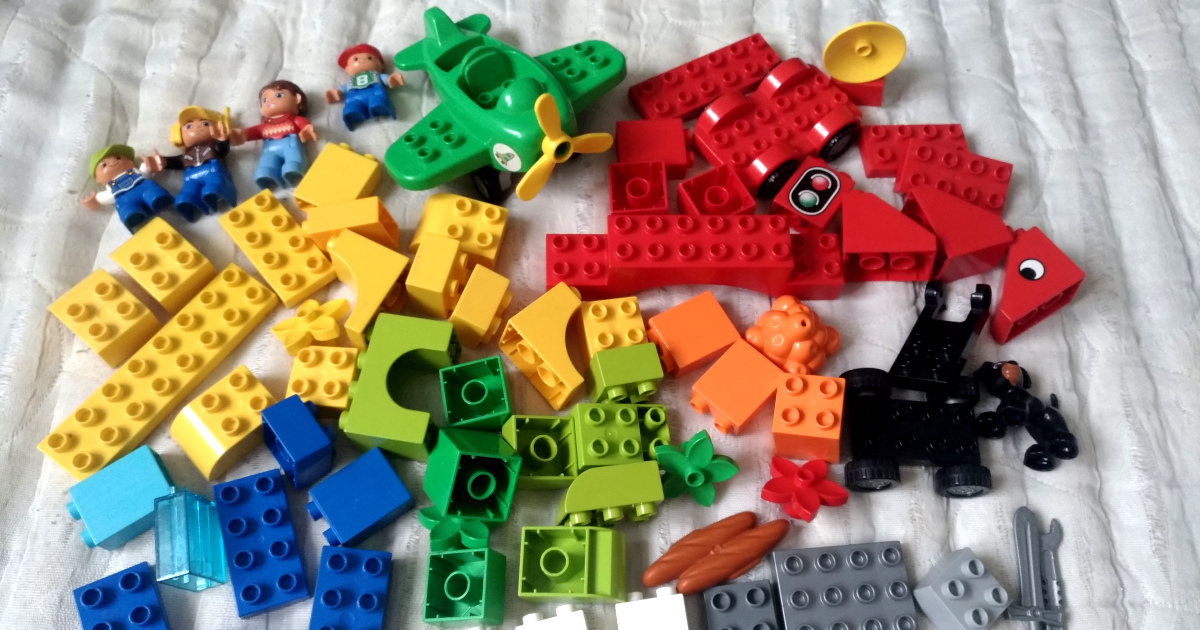WordPress is at a stage where it is possible to build simple but complete websites by configuring options with clicks.
The content is built using easy-to-configure blocks, which can be combined to create complex designs.
It is optional to start from scratch. Using patterns that combine blocks creatively can help us get off to a fast start.
Something incredible about this way of building is that the options for everything we add to the site are very close at hand in a very visual way, so the learning curve is not so high.
The theme includes these patterns or can be browsed and copied from the WordPress Block Pattern directory.
Building sites using WordPress’s native features allows us to take advantage of the community’s work and learn.
Are web pages programmed?
Websites are generated dynamically with tools like WordPress, and at the end of the process, they mainly output HTML and CSS. There is a debate about whether these are programming languages, related to whether this activity is programming or simply configuring information.
The truth is that there are visual interfaces that do not care if you know how to program or not, and although this skill can be handy for fine-tuning details of your project, in most cases, it is optional to learn how to touch the code.
The role of the webmaster, the absolute owner of the information, at least for simple web pages, is extinct. Fortunately, demand is increasing for those who sell websites, and there are several markets.
Some folks want to learn how to make their sites, and others prefer to leave all control to the specialist.
Is it worth programming a website from scratch?
Everything will depend on the project and its requirements. I leave some questions to answer:
Is your website just a landing page?
You’ll likely use a template if your project is tiny, has few sections, and has a short delivery time.
Templates or predesigns are pre-programmed or layout elements that speed up website development. If you’re not selling specific designs and want something well-built quickly, you can achieve something acceptable by configuring options instead of programming.
Does your website have several sections?
If the size of your website is considerable and you have time, few resources, and you don’t know how to program, it is best to look at the themes or paid templates market and find out if something already covers the project’s needs.
One of the points where technical people get stuck is translating the themes or importing the demo templates they like. Premium templates tend to be saturated with options by trying to cover many niches on the market.
When you pay for a template, you are also paying for the support for this configuration, so you can search the help forums and raise support tickets so that the template authors can give you a hand.
If your website needs a shopping cart, a property search engine, or a contact form to give some examples of specific functions already solved, there is no point in programming them from scratch.
Unless your page is particular, you won’t need to control every line of code for optimization, customization, and security reasons.
Join a community
Very generous communities share their knowledge and code snippets that solve everyday problems. This option can push you to create sites without knowing how to program.
For example, one of the friendliest ones I participate in is the WordPress Guadalajara Facebook group. You can ask specific questions we often answer and find people who can provide you with their programming services for more advanced things.
Another exciting option is to join a community of a specific theme designer. The case of UXDivi seems very good to me because they are constantly releasing content for that development, and they listen to their community to generate tutorials based on their direct requests. If you can wait for your specific needs to be met, you benefit the other participants.
Hire an expert
Depending on the project’s budget, time, and size, doing the technical part of your website may not be very convenient.
Unless you are interested in learning code or making many web pages, I suggest you focus on generating and updating information instead of learning to code.
Sometimes, it can be the cheapest option in financial terms. The expert will take you on the best path and practices, in addition to always staying up to date due to the multiple projects he handles.
To save resources, my final recommendation is to generate all the content the page will contain before requesting a quote or delegating the work. My favorite combo to start working on a page without knowing how to program is using the open-source builder that WordPress already has integrated, Gutenberg, and a theme supported by over a million users such as Twenty Twenty FOUR, which also comes by default with this CMS.
If you have questions or comments, I invite you to leave a comment or find me on social networks.
Image by Kevin Phillips.
José Velasco.


Leave a Reply